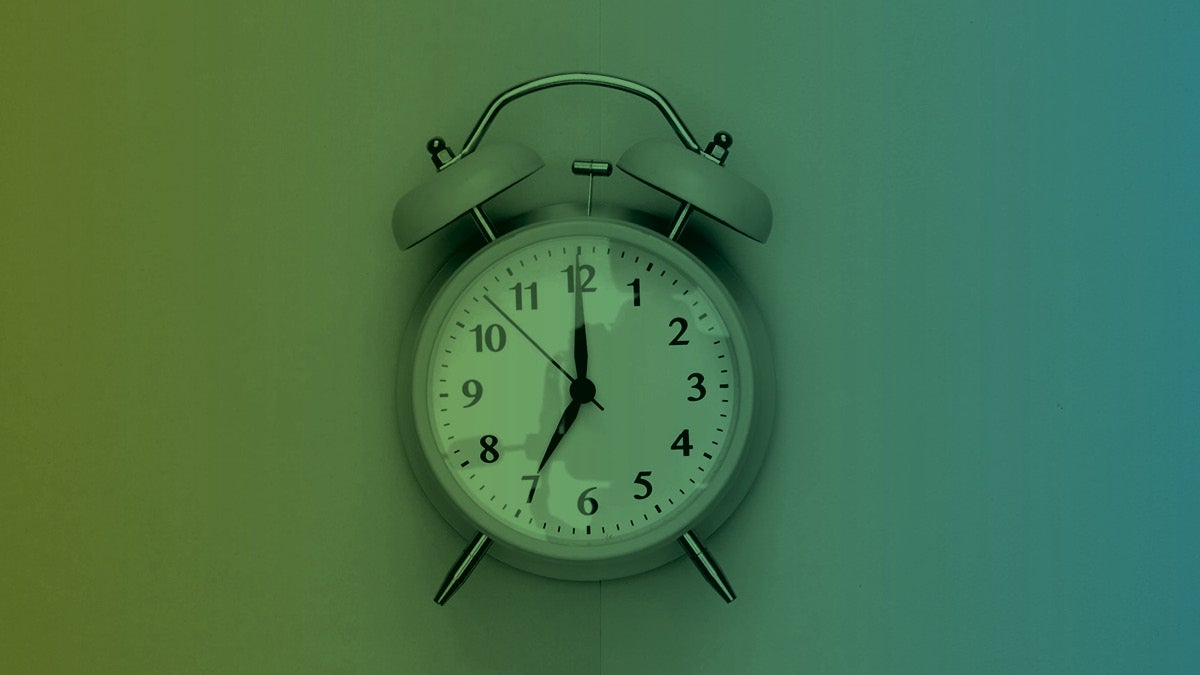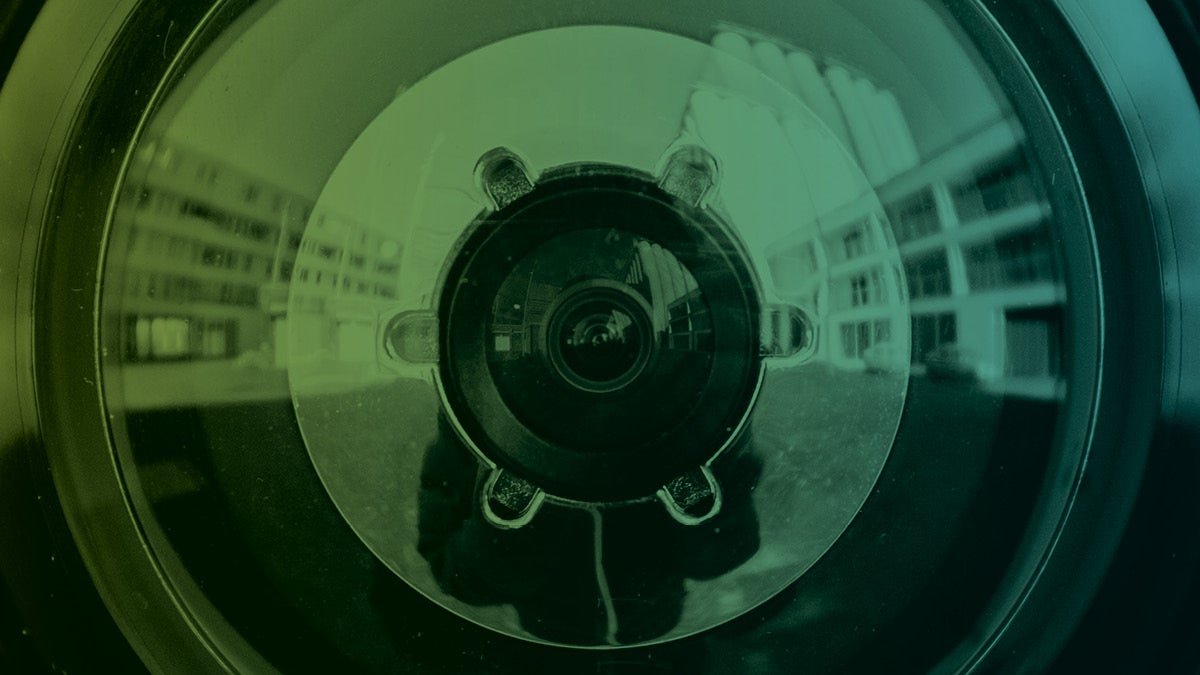Productivity and employee-monitoring software is becoming increasingly popular, especially with so many staff now working from home. These packages enable management to monitor staff performance by recording clicks and keystrokes, time spent on websites, emails sent and more. But they have been criticised for invading workers’ privacy.
FOR: Greater oversight helps informed decision-making

“Since the start of the pandemic, we have seen three times the usual business from both direct customers and our partners,” says Eli Sutton, vice president of global operations for productivity software supplier Teramind.
With record numbers of people working from home, employers are, more than ever, looking to keep track of their staff. Indeed, according to data from Top10VPN, global demand for employee-monitoring software increased by 87 per cent in April, compared with the monthly average before the pandemic.
Productivity software can give managers a clear view of exactly what workers are doing, from the times they log in and out, to their active and idle periods during the day, and the websites and social networks they use.
“Anyone that has worked at home before knows it is very easy to become distracted for various reasons and it takes a certain level of discipline to work at home,” says Stephen Morrow, co-owner of monitoring software supplier SentryPC.
“Businesses are paying their employees to perform specific tasks and they want to make sure their time is focused on those tasks.”
Monitoring also enables managers to assess the effectiveness of processes, as well as individuals, and to reassess targets or teams.
The advantages don’t end there. There are clear security risks associated with home working, for example, and monitoring staff activity helps with both prevention and detection of security breaches and risky behaviour.
Businesses are paying their employees to perform specific tasks and they want to make sure their time is focused
It can also help avoid micro-management and allow employers to demonstrate their objectivity when evaluating staff performance.
Tyler Sellhorn, director of customer experience at productivity software supplier Hubstaff, points out that employees can benefit from access to their own productivity data.
“Because work is tracked more easily, employees don’t need to stop what they’re doing to report back on progress. They can avoid the daily status calls or frequent check-ins with their manager,” she says. “This allows for more focused work time.”
With the information provided, employees can make smarter decisions and focus more time on critical work, while a dashboard gives employees a clear overview of their working week.
And, says Sutton, monitoring software can actually help employers keep staff on board through the pandemic.
“Not only are we seeing a dramatic uptick from new customers, but most of our active clients are adding licences as opposed to removing them, hiring rather than firing,” he says.
“Apart from this, we’re also getting reports from our customers that not only are their employees happier working from home, but they are also completing tasks at an accelerated rate. So employees are grateful for the opportunity to work from home.”
AGAINST: Employee monitoring infringes on personal privacy

Earlier this year, Barclays was forced to scrap a system that tracked the time employees spent at their desks, with the Information Commissioner’s Office (ICO) launching an investigation.
“People expect they can keep their personal lives private and that they are also entitled to a degree of privacy in the workplace,” the ICO commented at the time. “If organisations wish to monitor their employees, they should be clear about its purpose and that it brings real benefits.”
And many believe that it doesn’t, with research from the Chartered Institute of Personnel and Development (CIPD) revealing that nearly half of workers believe they’re being monitored at work and three-quarters saying the use of such technologies damages trust within the workplace.
Only one in eight thinks the benefits of workplace monitoring outweigh the downsides from a worker perspective and 43 per cent are concerned introduction of these technologies could make it easier for their privacy to be violated.
Monitoring on a smaller scale, such as using timesheets and aligning to sales targets, was seen as more acceptable.
“CIPD research shows that intrusive monitoring at work can damage trust and morale, and can cause stress and anxiety,” says Hayfa Mohdzaini, CIPD’s senior research adviser for data, technology and artificial intelligence.
New technologies are spun with a pandemic-related aspect, but then you find out they are truly being used for other things
“Moreover, employers can get into trouble if monitoring breaches an individual’s right to respect for their private and family life.”
Research from the Prospect Union reveals that employees are most uneasy about camera monitoring, with four in five saying it made them uncomfortable. Two-thirds were uncomfortable with keystroke monitoring and three-quarters with the use of wearables.
And this translates to real issues with trust between employer and employee, with around half of workers saying they thought introducing monitoring software would damage their relationship with their manager. This figure rose to 62 per cent among younger workers.
As the pandemic continues, there’s also a real danger of mission creep, says Professor J.S. Nelson, an expert on business law and ethics at Villanova University.
“New technologies come out and are spun with a pandemic-related aspect to them, but then you find out they are truly being used for other things after the initial rollout,” she says.
“Once tracking software is installed in a building or on a device, even a personal cell phone, there is not much impetus for an employer to remove it and there is no check on what the employer can record.”
Productivity and employee-monitoring software is becoming increasingly popular, especially with so many staff now working from home. These packages enable management to monitor staff performance by recording clicks and keystrokes, time spent on websites, emails sent and more. But they have been criticised for invading workers' privacy.
FOR: Greater oversight helps informed decision-making

"Since the start of the pandemic, we have seen three times the usual business from both direct customers and our partners," says Eli Sutton, vice president of global operations for productivity software supplier Teramind.
